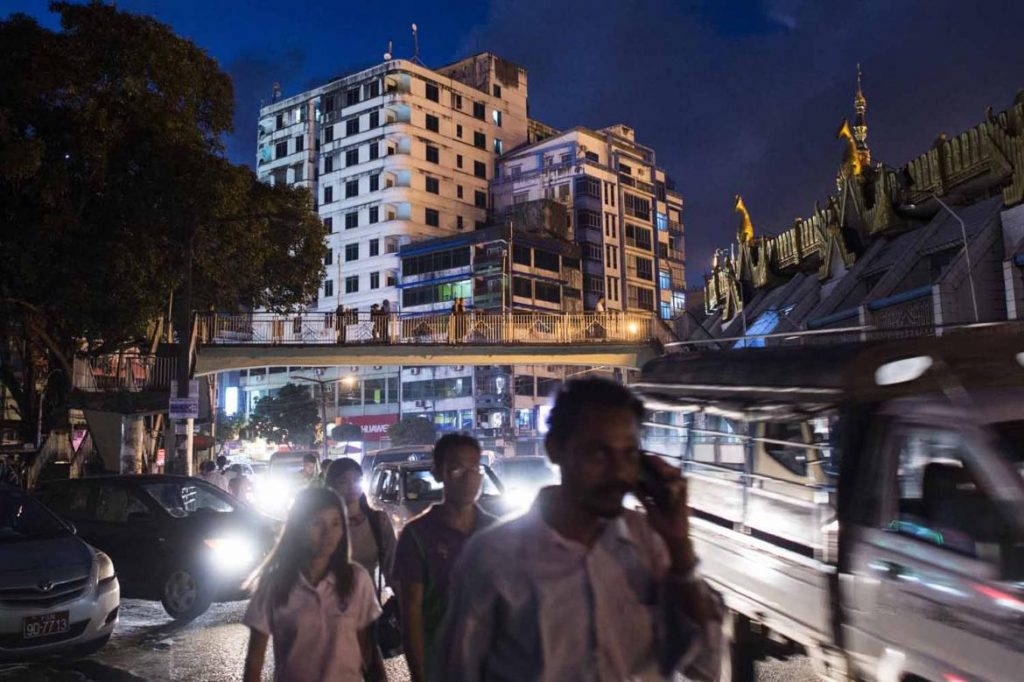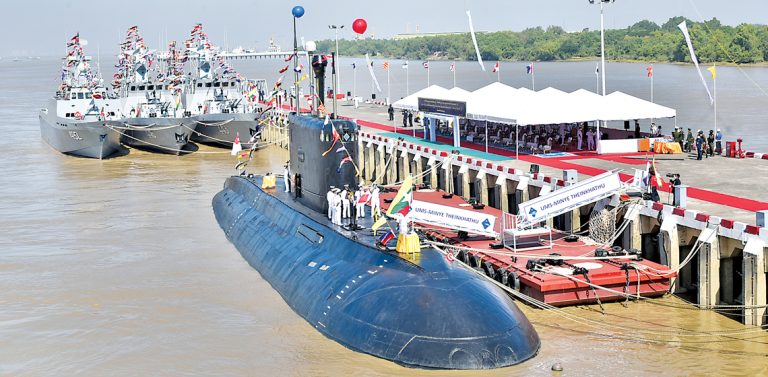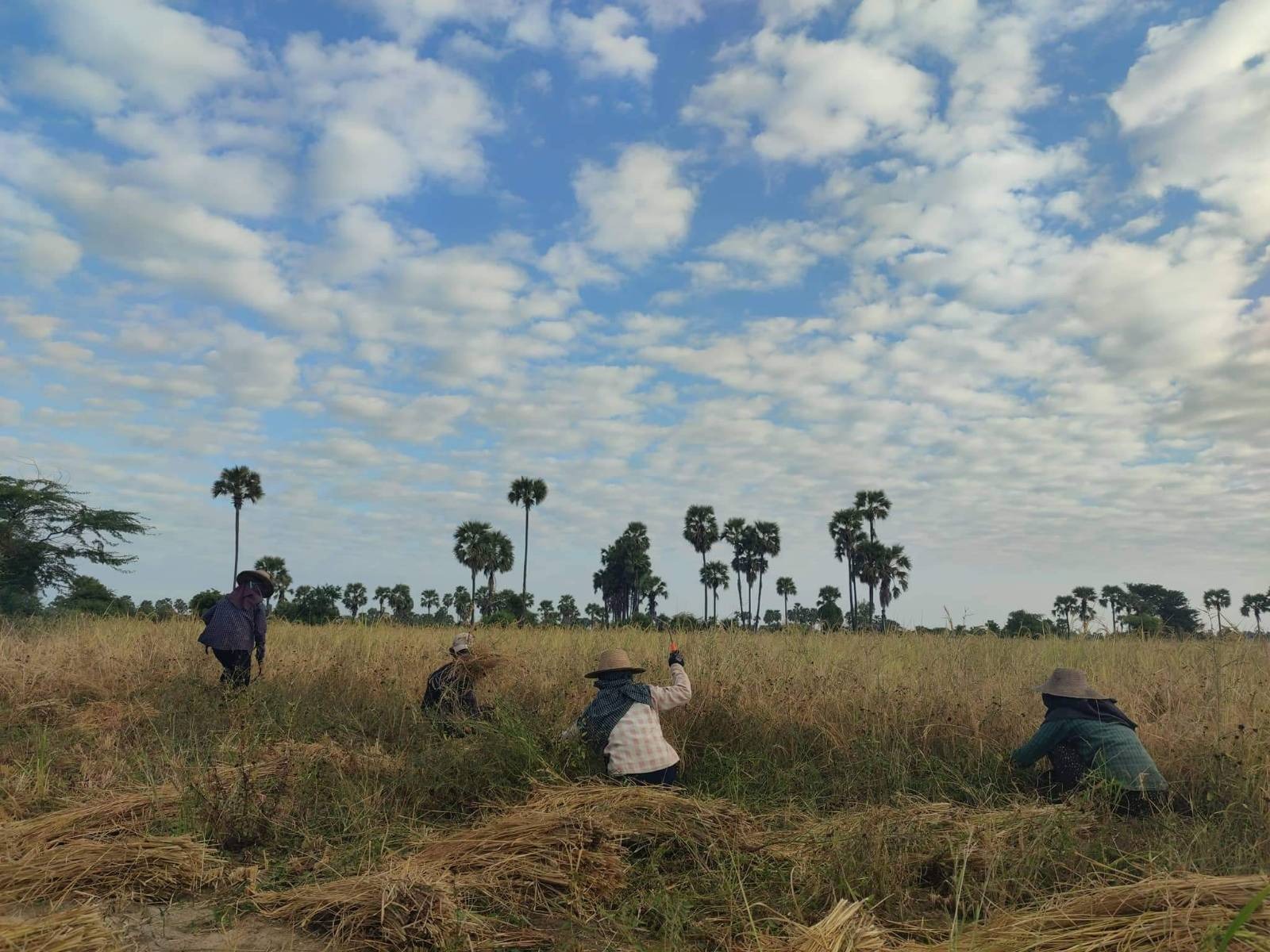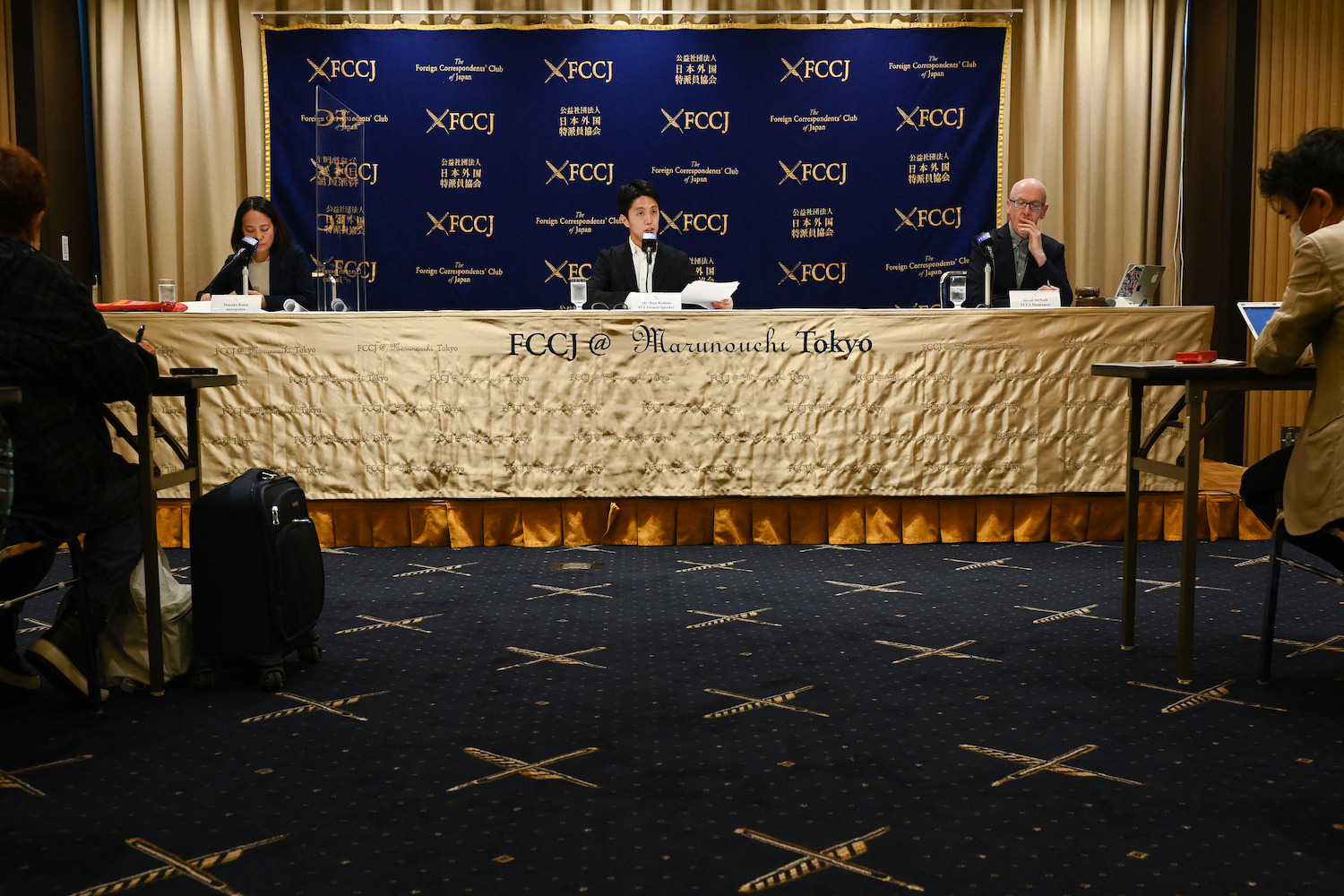Investment capital flows where it is safe and secure, so Myanmar must deliver rule of law and certainty – while at the same time being selective and strategic as to the investment treaties it signs.
By ROBERT SAN PE | FRONTIER
IN THE middle of the 20th century Myanmar was the largest rice exporter in the world, Rangoon University was the leading institution for tertiary education in the region and the airport at Mingaladon was the busiest hub in Southeast Asia.
This success and prosperity was built on a bedrock of strong rule of law, clearly drafted legislation that was followed to the letter, an independent judiciary that produced well-reasoned judgments, and public access to the law, including by means of the Burma Law Reports. Famously, the late Lee Kuan Yew visited the country to learn how to develop Singapore.
Jump forward through nearly six decades of stagnation and Myanmar is now the region’s fastest-growing economy, according to the International Monetary Fund’s latest World Economic Outlook. Supported by the recent political and economic reforms, the country’s GDP is projected to grow by 6.5 percent this year.
The World Bank attributes increased consumer and investor confidence and rising exports for boosting the economy. Developments on the legal front have also played and will continue to play a crucial role.
Support more independent journalism like this. Sign up to be a Frontier member.
At a meeting in Nay Pyi Taw on October 22, State Counsellor Daw Aung San Suu Kyi engaged in a landmark dialogue with Myanmar’s business and finance sectors and international partners about economic policy.
Some common themes emerged from the various speeches, including the urgent need to develop the country’s infrastructure, the importance of supporting and growing the agricultural sector and the key role that the banking sector had to play.
Various legal themes emerged – the urgency of tackling corruption, the importance of businesses paying tax and the need for streamlined, effective regulation. Aung San Suu Kyi made clear that the government would continue to expand its cooperation with the private sector and international partners so as to achieve sustained economic growth.
She also highlighted the need to move away from a “crony economy” in which certain businesses benefited from close relationships with government to a level playing field with strong rule of law.
This last message should resonate with foreign investors. It is well established that investment capital flows where it is safe and secure, where laws are clear and are uniformly and consistently implemented, and where there is certainty in the sense of predictable processes, procedures and returns.
Some commentators have suggested that, on taking office in April, the National League for Democracy-led government was too slow to focus on creating such an environment. Any such concerns should be dissipating now. The evidence suggests that confidence is growing among foreign investors and will be further boosted by the developments described below.
On October 18, President U Htin Kyaw enacted a Myanmar Investment Law that will come into force on April 1, 2017, replacing the Foreign Investment Law 2012 and the Myanmar Citizen Investment Law 2013. These separate legal regimes created the perception of an uneven playing field for foreign and domestic investors.
The new law is an attempt by the government and legislature to harmonise these investment regimes and improve the ease of investing into Myanmar by streamlining and simplifying investment procedures. This sends a positive and welcome signal to both foreign and domestic investors, although the success of the endeavour will depend on the quality of the subsidiary legislation that is still being finalised and the efficiency with which relevant governmental agencies implement it. The subsidiary legislation must be clearly formulated and well drafted and should not be rushed.
While good investment laws can have a positive impact, investors typically look for an entire package of investment incentives and protections. High on their list of priorities is the ability to obtain redress if something goes wrong with an investment.
As mentioned in “Resolving commercial disputes: the way forward for Myanmar”, which appeared in the August 25 edition issue of this publication, there have already been positive steps in this regard. Myanmar has acceded to the New York Convention on the recognition and enforcement of foreign arbitral awards and has enacted a new Arbitration Law, which is based closely on the United Nations Commission on International Trade Law Model Law on International Commercial Arbitration. Both of these steps made absolute sense and should help build confidence among foreign investors.
Myanmar is also looking to enter into more bilateral and multilateral investment treaties. These provide certain protections to foreign investors from the jurisdictions with which they are signed and can therefore play a role in encouraging investment from those specific jurisdictions. However, investment treaties are not merely a symbolic gesture that Myanmar is “open for business”.
They create legally binding obligations. A particular bilateral investment treaty may, for example, prohibit “performance requirements” whereby a foreign investor is required to acquire a certain percentage of raw materials from within Myanmar or to export a certain percentage of the manufactured product out of the country. It has been relatively common for the Myanmar Investment Commission to include such performance requirements in licences issued to manufacturing businesses, and often for good reason.
Such a bilateral investment treaty would prevent it from doing so and any perceived breach of this or any other provision of the treaty could lead the foreign investor to pursue an investor-state arbitration claim against Myanmar.
Such claims have become increasingly common globally over the past three decades and many countries have fallen victim to them. According to the United Nations Conference on Trade and Development, there were 696 known investor-state dispute settlement cases from 1987 to 2015.
Between 1990 and 2013 the average amount awarded where an award was made in favour of an investor was US$81.5m, excluding interest. It is worth emphasising that this data relates to known cases and the real numbers may be significantly higher. Subsequent to these statistics being gathered, there have been awards for much larger amounts – indeed, one single award was for around $50 billion.
Not only are the damages figures high but so are the legal costs of defending such claims. The fees can run into tens of millions of US dollars and without high quality legal advice and representation, a respondent nation will struggle to prevail in an investor-state arbitration.
Several countries in Latin America have been on the receiving end of multiple high-value awards and are seeking to terminate their investment treaties. Likewise, countries in Asia, including Indonesia and the Philippines, have also been on the receiving end of high-value claims and are now very cautious about entering into new treaties.
It is important that Myanmar learns from their experience. It should be selective about the countries with which it enters into such treaties and should not rush the negotiations (a recently executed EU-Canada free trade agreement took seven years to negotiate, notwithstanding that it was between two close allies and trading partners).
Myanmar needs to develop a carefully formulated and drafted template that it can put forward as the starting point for its investment treaties. Departures from the template must be permitted only in limited circumstances. In developing such a template and in negotiating treaties, Myanmar needs to obtain high-quality legal advice. It must also be methodical in adopting processes and procedures to ensure that it complies strictly with the legally binding obligations it has undertaken.
For Myanmar to be focusing on investment treaties when until recently United States sanctions were still in place shows how quickly the country is moving forward. In September, the State Counsellor made a high profile visit to the US during which President Obama pledged to lift all sanctions against Myanmar.
Many experts were sceptical as to what this would mean in practice but on October 7 President Obama issued an executive order that officially revoked earlier executive orders in respect of Myanmar. Its effect was, among other things, to remove all 111 blacklisted individuals and entities on the US Treasury’s Specially Designated Nationals List, to unblock all previously blocked property and interests, to revoke the ban on the import into the US of Myanmar-origin jadeite and rubies and to remove all Office of Foreign Assets Control (OFAC) restrictions regarding banking or financial transactions with Myanmar.
President Obama meant what he said – he effectively ended the vast majority of restrictions on the ability of US persons to engage in transactions involving Myanmar. No doubt the state counsellor’s visit and her views played a significant role in achieving this outcome.
A few Myanmar businesspeople have commented that the lifting of sanctions will not make a big difference because everyone who wanted to be in Myanmar was already here. That is only part of the story. The reality is that for many multinationals and regional companies whose businesses touched the US, compliance with the sanctions regime was essential and often involved an investment of millions of dollars in legal fees.
The required reporting that went along with new investment by US entities in Myanmar was onerous and time consuming. Likewise, for any Myanmar entities and individuals on the SDN List, doing business was much more complicated, restricted and difficult than would otherwise have been the case. That is why many of the wealthiest tycoons invested heavily in efforts to be removed from the list – some successfully and others not.
The lifting of US sanctions is undoubtedly a significant development that will increase the opportunities for investment, reduce the associated risks and have a positive impact on Myanmar’s economic growth. There has even been preliminary talk of a free trade agreement between Myanmar and the US.
Although this will of course be subject to the views of the incoming US administration, it serves to highlight the breadth of the opportunities opening up for Myanmar. The country has a golden opportunity to make up for its lost decades.
Robert San Pe is an English and Hong Kong-qualified lawyer of Myanmar descent who works at international firm Gibson, Dunn & Crutcher. He has advised Daw Aung San Suu Kyi on legal affairs but the views expressed above are his personal views and not those of the government







